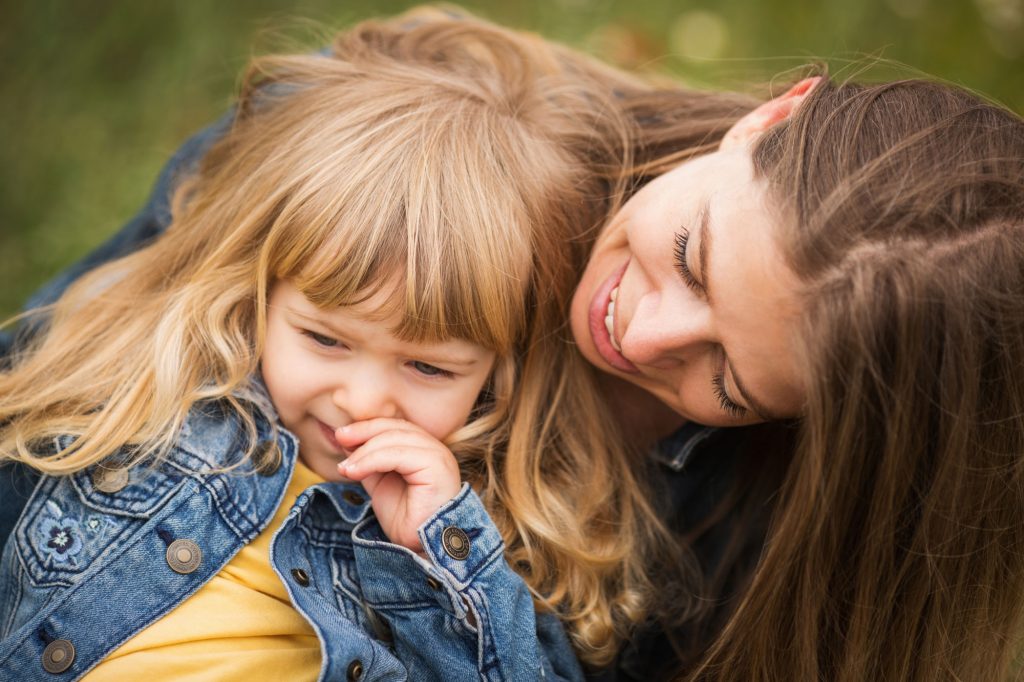
“Relax daddy, just breathe deeply into your tummy. Like this: Aaaaa (inhales). Like you’re blowing out a candle. One more time. Take a deep breath into your belly… Daddy, breathe, breathe with me…“ (he actually forgot to breath for a bit:)
This is how our three year old daughter instructed her dad when together with her one year old brother, they were dealing with a little disaster while I was quietly practicing yoga outside the house.
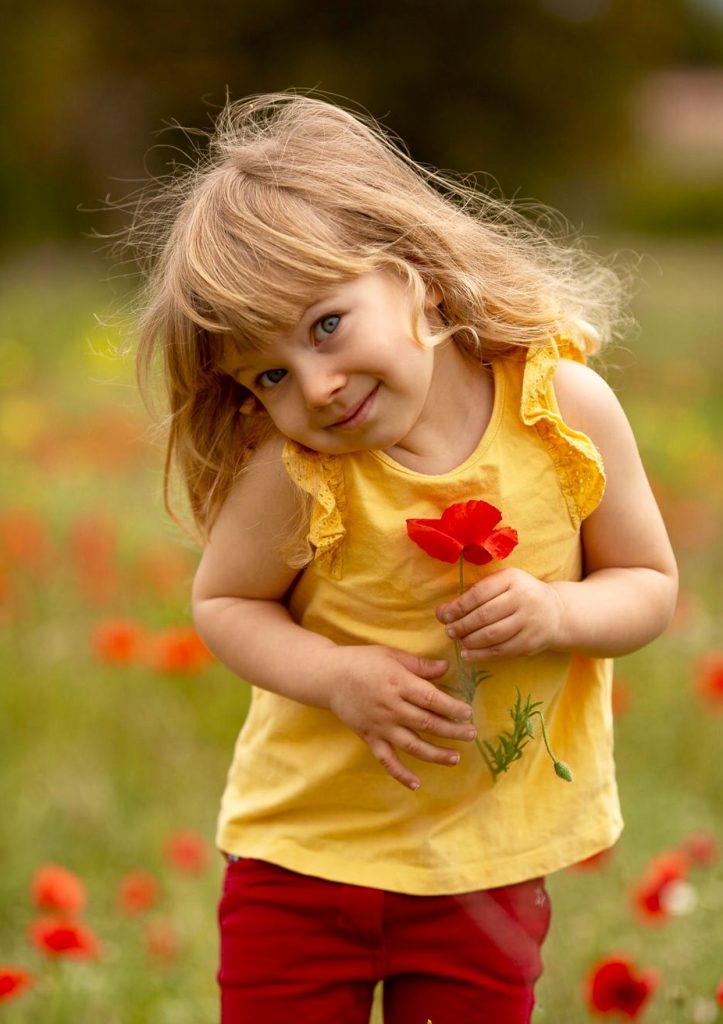
My husband was already smiling while telling me the story, but at that moment he was probably breathing through more than anger and annoyance at the sight of what our children had done. I think we were both surprised that our child would use those words (and action :)) to calm others down.
Emotion. This is one big topic for all of us. They are such wonderful teachers when we know how to listen to them and can work with them, as well as a bit of a tormentor when we let those more unpleasant emotions consume and control us.
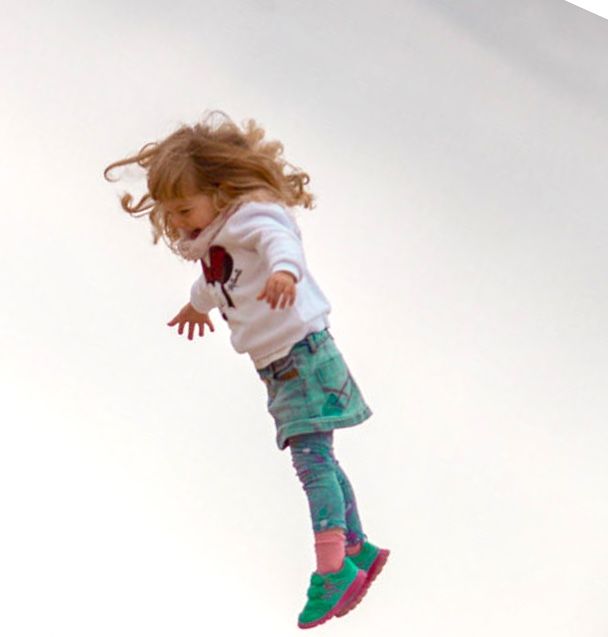
Are emotions important in life?
Do we need to learn how to deal with them? Do we need to deal with them at all? Should we work with emotions in parenting? Will it really make our children´s life happier, as they say?
My answer is yes, yes and yes. Read on to find out in which ways our parenting style and approach to our children can influence the development of emotional intelligence and sense of happiness in our children’s subsequent lives.
WHAT IS EMOTIONAL INTELLIGENCE?
Emotional intelligence is the ability to recognize emotions in ourselves and others. But it is also the art of understanding them, accepting them, the art of empathizing.
It is the ability to control our emotions in a way where the frustrations and difficult situations in life come as challenges rather than putting us in the position of victims.

There are many theories, but I am very much in agreement with Daniel Goleman’s definition of emotional intelligence. He describes it as a fairly broad set of skills that is made up of the following five main areas:
- SELF- AWARENESS – the ability to recognize your emotions, your weaknesses and your strengths.
- SELF-CONTROL – the ability to manage and change your emotions, not just impulsively follow them.
- RELATIONAL SKILLS – the ability to perceive and deal with the emotions of others.
- EMPATHY – the ability to empathize with others, to understand.
- MOTIVATION – the ability to channel emotions to help us achieve our own goals.
Goleman believes that children are born with a general emotional intelligence that allows them to learn emotional skills.
One of the most important points in developing emotional intelligence in our children is our willingness to work on ourselves emotionally. Because we cannot accept the child and his emotions until we have accepted ourselves and our own emotions.
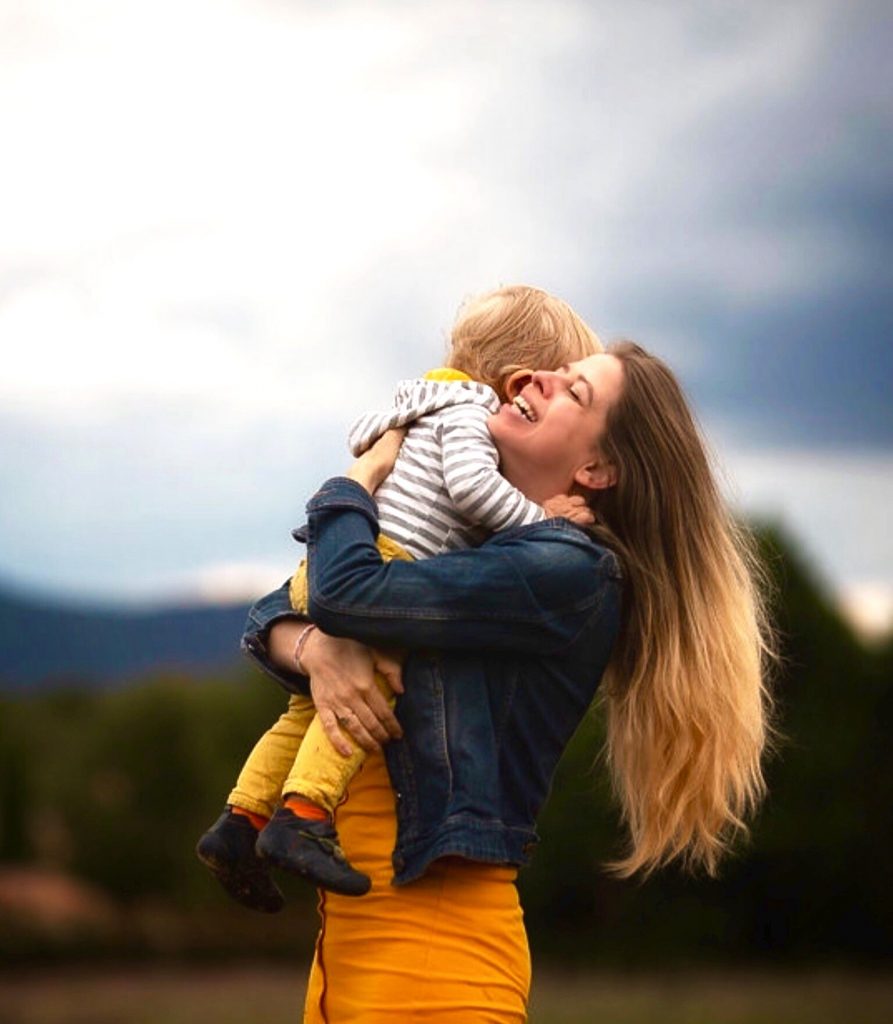
WHAT PARENTING STYLE LEADS CHILDREN TO HAPPINESS AND SUCCESS
I’ll tell you right now, let’s just look at the basic parenting styles in relation to children’s emotional development.
- IGNORING PARENTING STYLE – basically doesn’t react to children’s emotions and generally downplays the negative ones.
- REJECTING NEGATIVE EMOTIONS – does not accept negative emotions and tends to punish the child for them.
- ACCEPTING EMOTIONS BUT FAILS TO GUIDE THE CHILD THROUGH THEM – while allowing the child to experience the emotions, does not punish the child for them, it cannot safely define, name and guide the child through them.
- PARENT AS EMOTIONAL COACH – not only tries to accept the child’s emotions, but also to show him how to deal with them, what to do with them.
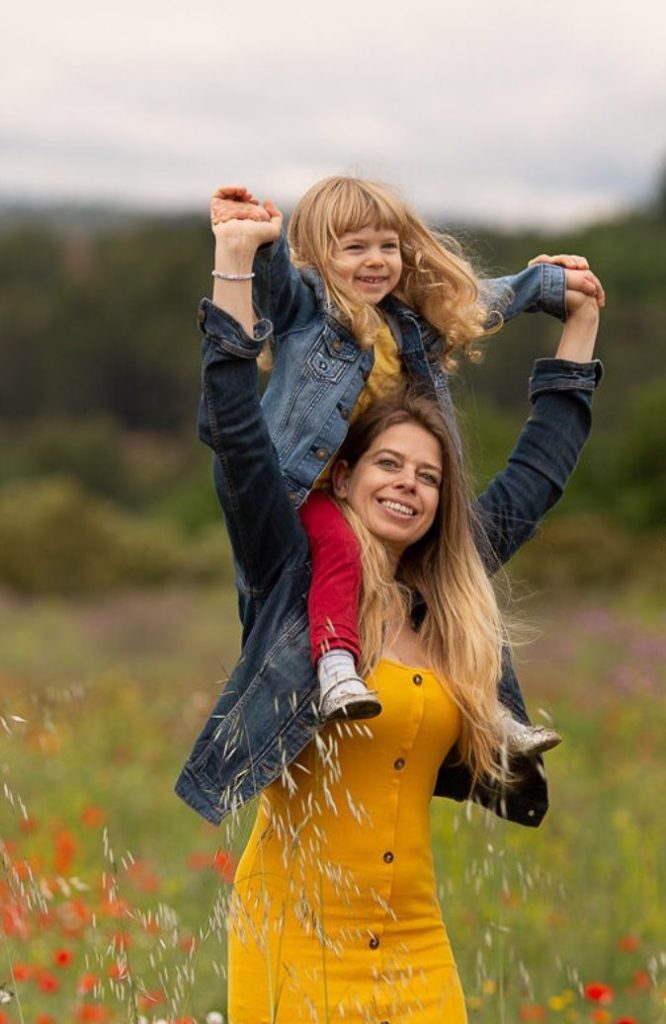
It is probably clear which of these styles leads to success and a sense of happiness in the lives of children. You want to coach, to support your children, to give them the best in life. It’s easy when you read it, but how do you make it work in reality? Well, here’s how:
SUPPORT THE CHILD IN EXPRESSING EMOTIONS
Encouraging the expression of emotions and generally talking about emotional events are great opportunities for a child to learn how to deal with emotions, understand them and use them for their own growth, but also for a deeper understanding of others.

So now we know in theory that without accepting and encouraging our children to express and name their emotions, we won’t really develop their emotional sensitivity, but in practice, it can still be tricky sometimes, right?
If you’d like to review the practical process of dealing with an emotionally challenging situation with me, I’ve compiled the points into a separate article, HOW TO GUIDE CHILDREN THROUGH EMOTIONS.
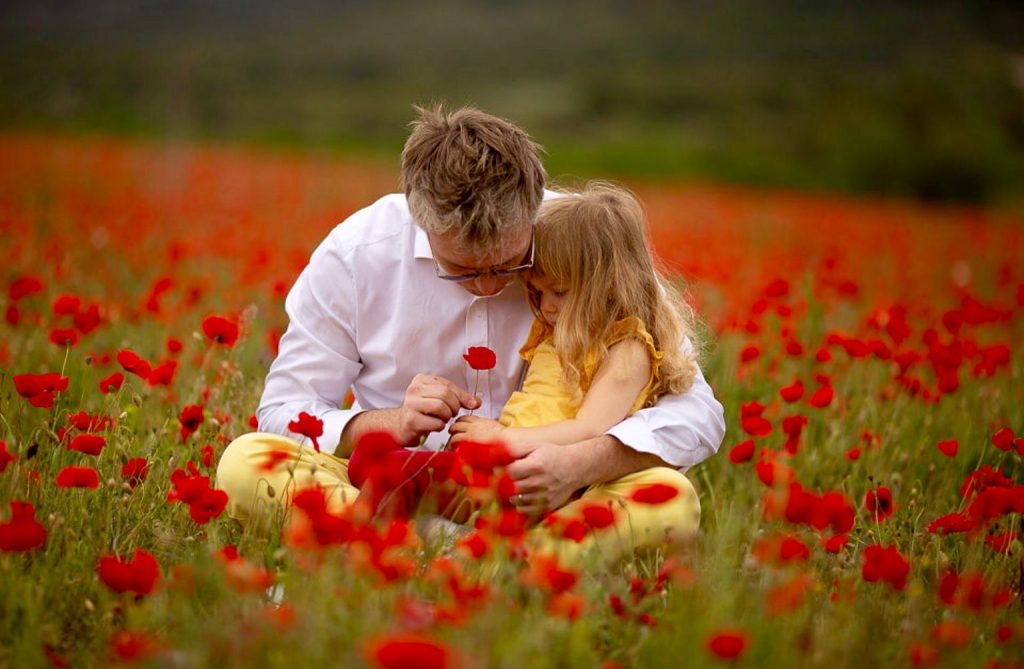
WHAT ARE THE BENEFITS OF HIGHER EMOTIONAL INTELLIGENCE?
We said a little more about how to support a child in increasing emotional intelligence and it doesn’t seem quite so easy. So let´s bring on more reasons why it can help them so much, what do you think?
Children who learn to calm down internally in early childhood show higher emotional intelligence. And that manifests itself, for example, in the following ways:
They can concentrate better.
They can more easily establish healthy interpersonal relationships.
They are more successful in the academic world.
They are better off health-wise.
We all want our children to be happy. And what is happiness?
And we’re back to emotions.
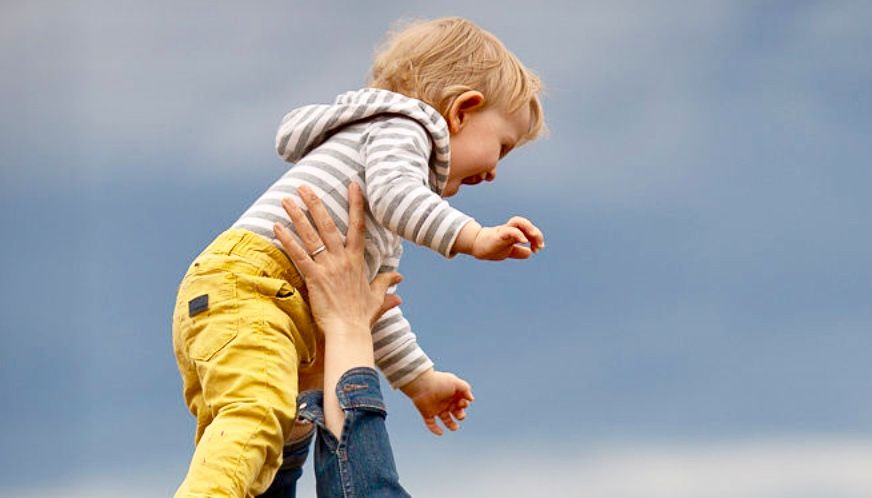
Emotions are like threads that weave their way through our lives, sometimes subtly, sometimes boringly grey, and sometimes they draw too much attention to themselves with their garishness.
But it’s up to us whether we choose to just observe their colours or get swept away by them.
Difficult and frustrating situations will always occur to us and to our children, but we can choose how we react to them. Tune in to calm and anchor ourselves, relax and breathe, or respond with defense/offense.
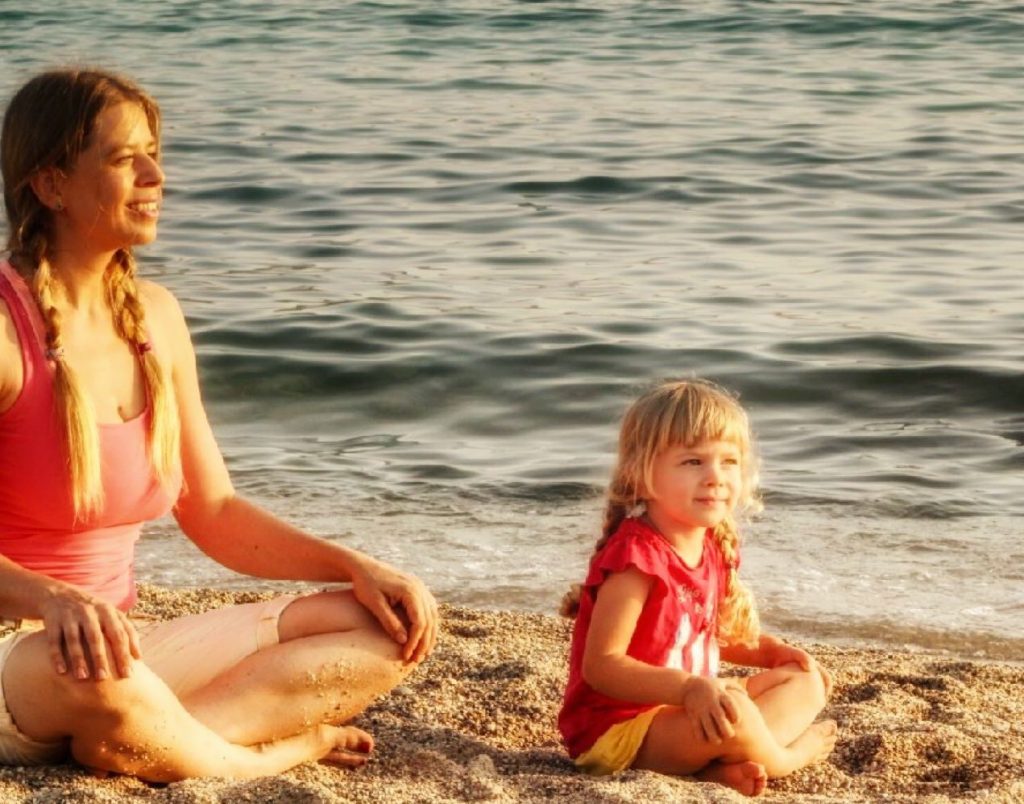
It’s up to us. But if we want the best for our children, let’s equip them with the tools. Then i tis up to them to choose whether they want to use them.
All right, it looks like a good thing to encourage kids to develop emotional intelligence, so what can I do now?
Let’s review the basic points:
I WANT TO ENCOURAGE THE DEVELOPMENT OF EMOTIONAL INTELLIGENCE IN MY CHILD.
Let’s review the main points of how we can develop each area of emotional intelligence in a child (for a detailed description, see the article on practically guiding a child through emotions):
- SELF-AWARENESS – developing the child’s ability to recognize emotions in herself and others. I develop the child’s mindfulness and awareness of feelings and strengths.
SELF-REGULATION – I am a role model for the child and teach her to stop in a critical situation, breathe deeply, calm down and then make a conscious decision.
WORKING WITH MOTIVATION – I know that people who can control their emotions are better able to go after their goals and cope better with disappointment, so I teach the child to consciously control and realign feelings.
EMPATHY – I want my child to understand other people’s emotions too, I share emotions with him, we talk about them, we guess emotions in others.
RELATIONSHIP SKILLS – I want my child to be able to communicate her needs and express emotions and wishes, so I develop the previous points with her and we focus on resolving conflicts together.
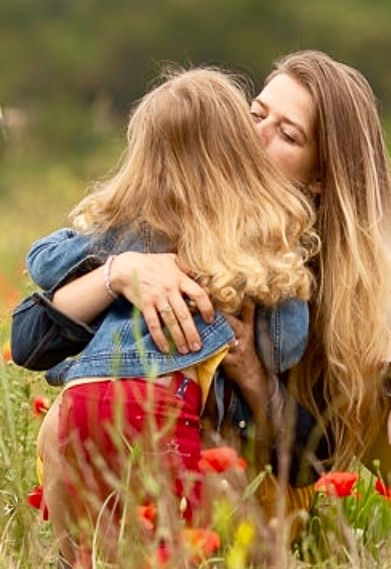
It’s doesn´t sound that hard, does it? It’s actually about stopping, becoming aware of emotion and naming it. Then eventually changing to a more positive frame of mind and becoming aware of your strengths.
If you want to develop more focus, emotional intelligence and self-awareness in your child, try starting with calming exercises, but also breath work and relaxation. I offer imaginative stories for children that focus on developing these aspects in children.
And remember, your time together and the love, security and genuineness you give to your child is the most important gift.

If you have young children and want to develop them in mindfulness activities and introduce playful rituals together involving breathing, stretching and a short calming ritual, I have a week of playful mindfulness activities for you.

